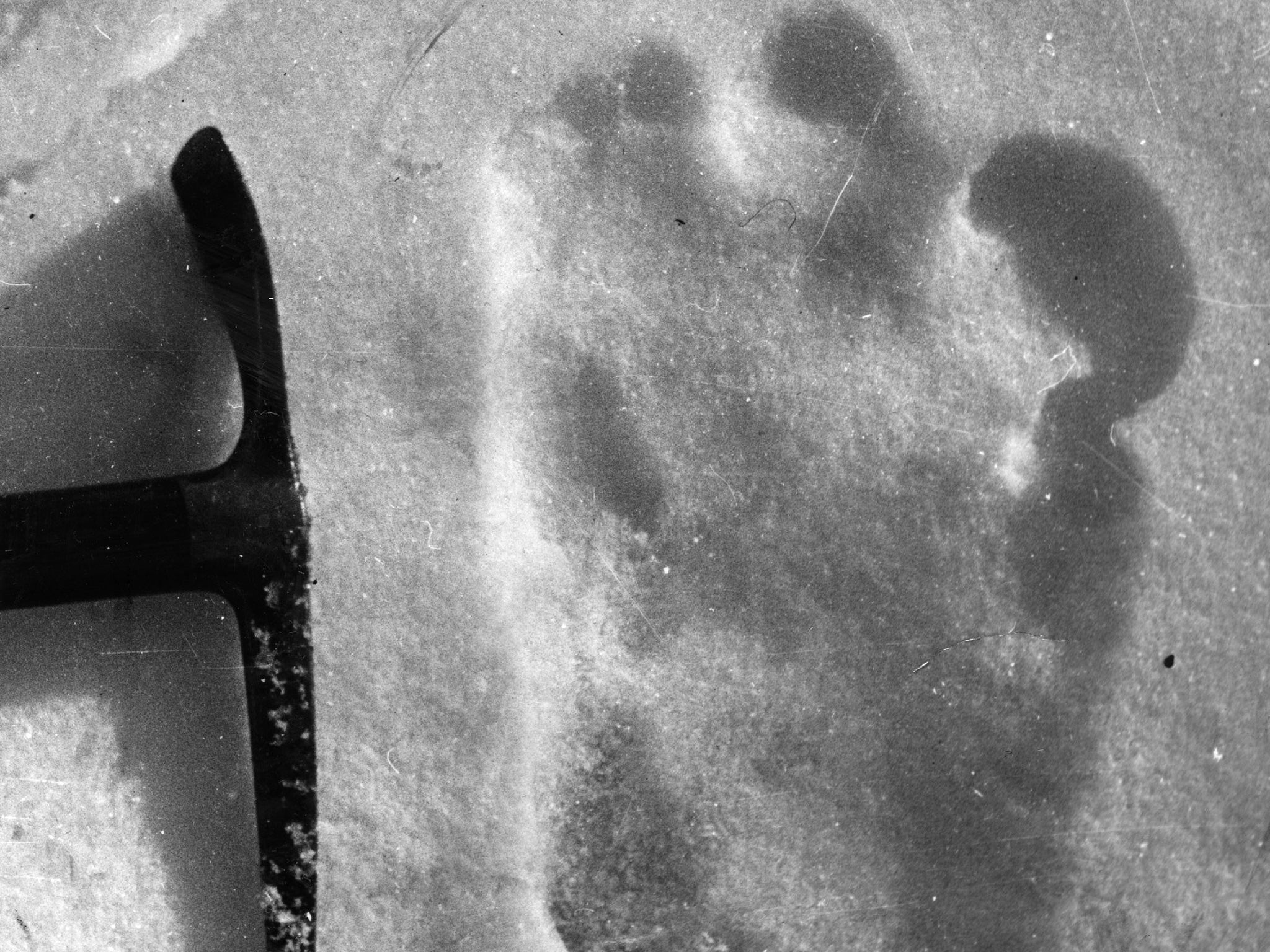Six amazing science stories that are also completely untrue
From the sighting of mysterious species to the discovery of alien life, these tall tales fall reliably into the category of bunk

You may have seen the story the other day about the sighting of a Jersey Devil – a mysterious, legendary winged creature.
The Jersey Devil is what is known as a cryptid, a creature not documented by science.
Cryptozoology has given us Bigfoot, the Abominable Snowman, and the Loch Ness Monster, among other animals.
These creatures reside beyond the borderlands of science. They’re awesome! But they are inherently pseudo-scientific — because if they weren’t, and were actually documented and studied by scientists, and actually existed, they’d cease to be as compelling. They’d merely be interesting animals, like penguins and electric eels.
Cryptozoological narratives are dependably untrue. That's not to say that there's zero chance that one might pan out.
There were rumours of giant squid in the ocean for a long time before scientists actually documented one. But there are certain stories that fall reliably into the category of bunk.
You might want to pin to your bulletin board a list of Amazing Science Stories That Are Dependably Untrue.
I'll suggest a tentative list to get us started, but don't hesitate to add to it (or subtract if so moved) in the comments section:
- Mysterious creature sighted! See above. Bonus points for fuzzy photo.
- Yellowstone is about to erupt! Yellowstone is a “supervolcano,” which is to say, a caldera, which last erupted 640,000 years ago. It’s seismically active. Every so often there are earthquake swarms. These tend to incite a flurry of sensationalist headlines. A full-blown caldera eruption is very unlikely to happen in our lifetime. More likely is a smaller, non-catastrophic eruption. But what's most likely is that there will just be these occasional earthquake swarms and scary headlines.
- Scientists have found alien life! Boy, wouldn't that be great? And that’s why extraterrestrial life stories must carry the label of Approach With Caution. Lots of people would love to find life on Mars or some other alien abode, and so there’s a perpetual “believing is seeing” problem here. Someone should write a book about our aliens obsession.
- GMO foods will kill you! Most of the stuff we eat is genetically modified. You notice there are no wild cows, right? Genetic modification through laboratory techniques is not automatically more hazardous than modification through traditional breeding, so long as the end result is tested for safety.
- A cancer cure may be close! Cancer is caused when cells divide uncontrollably. But life itself requires cell division. We all have cancer to a certain extent. That’s why researchers think that the best bet in the long run is to try to prevent it from reaching a problematic stage rather than eradicating it after tumors are already present.
- There’s a gay gene! This crops up occasionally, including just the other day. Research on male homosexuality suggests that certain genetic markers are associated with a greater likelihood of being gay, but there’s no single gene or “cause” of sexual orientation. Scientists believe that environmental factors during gestation and childhood are major factors. Be skeptical of any story that attributes to a single gene something complex involving human behavior. A colleague points out, "Even something that seems almost all-genetic, like height, doesn’t have a single gene. There are 400 regions in the genome associated with that trait according to one recent study."
© Washington Post
Join our commenting forum
Join thought-provoking conversations, follow other Independent readers and see their replies
Comments
Bookmark popover
Removed from bookmarks